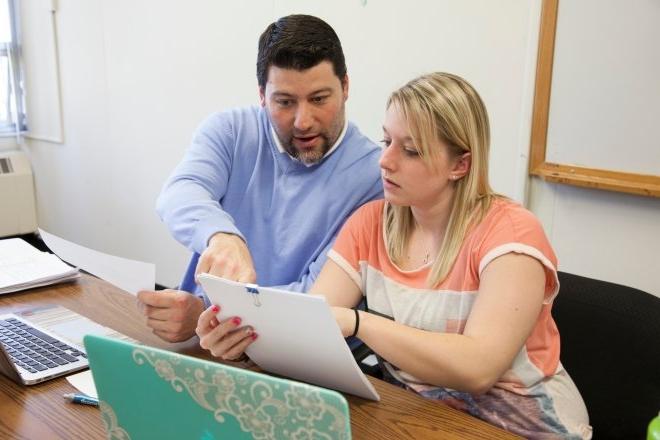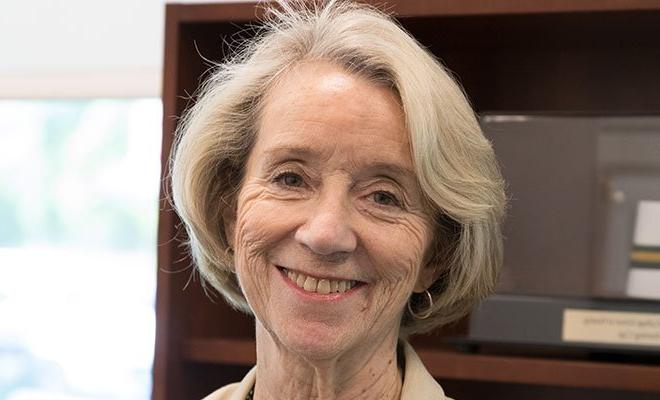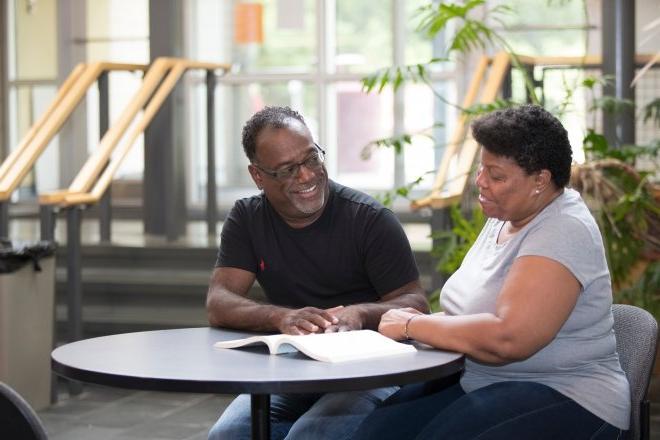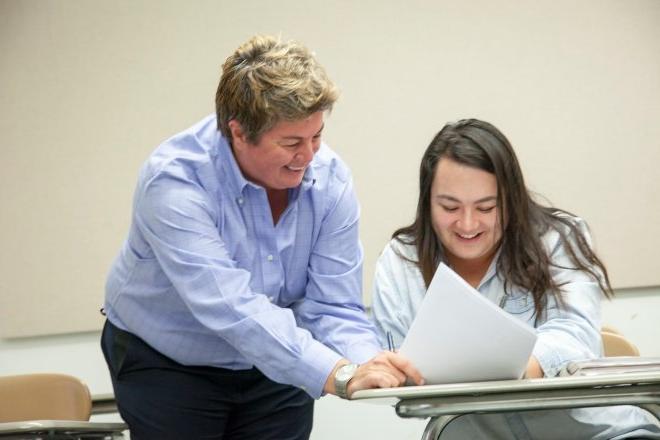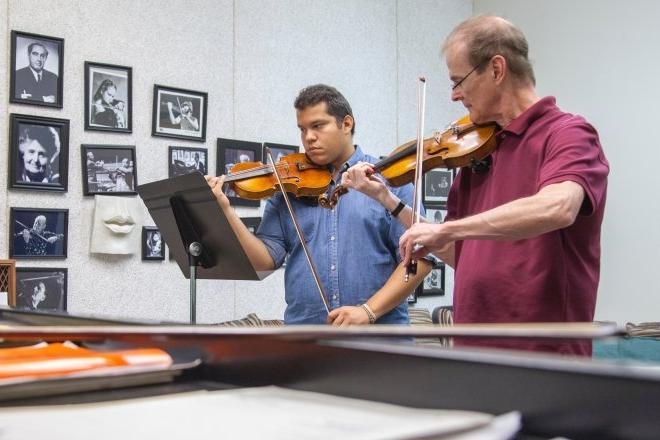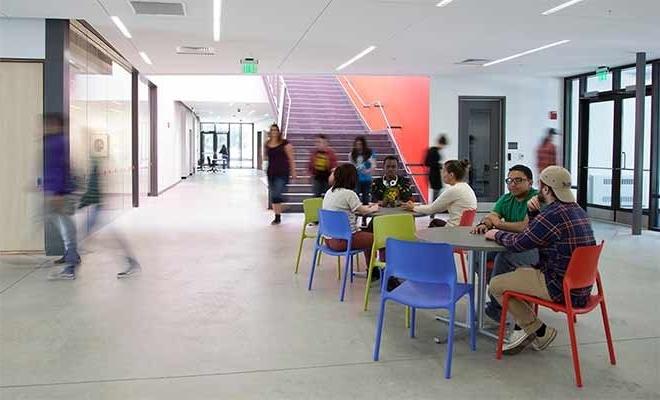
Council of Rhode Island College
The Council of Rhode Island College, established in 1963, is the chief legislative and regulatory agency of the faculty. Its function is to examine and evaluate current policies in light of the philosophy, purposes, and assigned function of the college and to recommend such amendments and additions of policy that are deemed necessary or desirable to provide for the most effective operation of the college.

